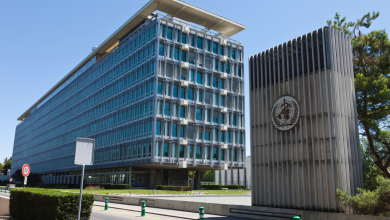Health officials in Saudi have warned the public against misinformation about coronavirus disease (COVID-19), adding that it can cause great damage not just in mental health, but also in the country’s stability.
In a report by Arab News, experts have noted some of the grave effects of fake news surrounding COVID-19—from human behavior down to the economy.
Food security
According to Dr. Ali Alanazi, the chair of the School of Media at King Saud University, fake news about the shortage of necessary supplies can drive people to stockpile, impacting food security and depriving others—especially those who need it the most.
“Rumors are used sometimes as a weapon to undermine the morale of targeted people. If someone starts rumors about the shortage of a necessary commodity during a crisis, this rumormonger wants to undermine trust in the government and its ability to provide sufficient supplies,” Arab News quoted him as saying.
Crime
Alanazi also said that the fear caused by misinformation about food security can cause prices to skyrocket, pushing those who cannot afford to steal.
Obsessive compulsive behavior
King Saud University assistant professor of sociology Turki Abdul Aziz Almatrouk, meanwhile, said in an interview with Arab News that misinformation can cause an obsessive-compulsive behavior about cleanliness, noting that he has encountered people developing skin issues from too much sanitizer usage.
Solutions
Dr. Ali Al-Farhan, a physician and consultant, said the government has launched daily news conferences about the real facts surrounding COVID-19, as well as introduced a special number (937) for those who want more information.
Experst added fake news should be fought with educational messages to urge the public to go for credible sources, and that authorities must implement strict measures to punish the rumormongers.



